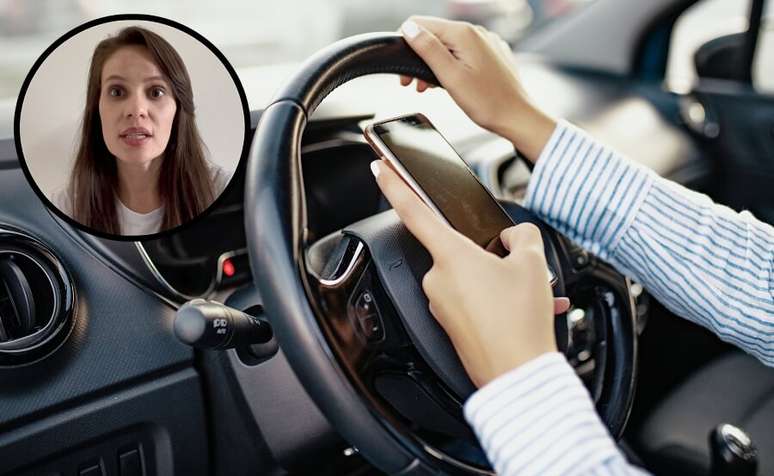To help people addicted to cell phones, the teacher listed some tips to reduce device use and its impacts
-
BY PARTICIPATING

Nomophobia: how to reduce excessive cell phone use now
-
BY PARTICIPATING

Why did it go wrong? 5 Starbucks mistakes in the Brazilian market
-
BY PARTICIPATING

Physical exercises for anxious people: how to choose the ideal activity
With technological advances and new market needs, more and more people are using devices such as computers and mobile phones in their routine, both at work and in their personal lives. However, it is already known that excessive use can have repercussions on physical and mental health.
And in this scenario of a hyper-connected population, a new term is becoming evident in psychology: nomophobia.
According to Sara Silva, professor of the psychology course at Braz Cubas University CenterNomophobia is a strong term in the modern world, as are many others that come from new technologies.
“This psychological feeling refers to sensations observed in offline mode, that is, in disconnection or fear of it. And from this they begin to feel anxiety, discomfort, nervousness, anguish, panic, as well as physical symptoms such as chest tightness, tachycardia and cold sweat”, says Sara.
Sara explains that it is still difficult to define the causes and effects of nomophobia. At the moment it seems to be a combination of factors such as low self-esteem, high levels of anxiety and impulsivity.
“Some warning signs are: there is always a device to recharge the battery; constant monitoring of the device to check notifications; your cell phone is always on, even at inappropriate times such as when you are in bed next to the person who is about to go to sleep; if for any reason the mobile phone becomes unusable, anxiety, anguish and nervousness arise; fear of remaining without connection, it is the first and last tool the person accesses; Limit your activities to places where you will be able to stay in touch,” she explains.
Specific phobias
Nomophobia falls within the Diagnostic and Statistical Manual of Mental Disorders (DSM-V) diagnostic criteria for phobia of particular, specific things.
“The pathology is noticed when the person moves away or is left without the object and presents symptoms similar to those of substance addiction syndrome. Therefore some scholars argue that the term should also be included in the DSM-V as a diagnostic entity for a type of technological addiction,” he says.

The symptoms of pathological addiction are identified when nervousness, agitation, anxiety, tachycardia, anguish, sweating are present, all in a fear that affects the person’s health and daily life.
To help people addicted to cell phones, the Braz Cubas psychology professor has listed some tips to reduce the use of the device and its impact on the routine.
1. Limit cell phone use. It is then possible to limit the use of devices, especially before going to sleep and upon waking up, thus ensuring quality sleep;
2. Don’t use your cell phone while eating. Avoid use during meals to maintain a conscious diet;
3. Define strategies to re-establish contact with the face-to-face world as well as re-establishing interpersonal interactions and limiting the use of technology at these times;
4. When necessary, seek help specialized with psychologist and psychiatrist.
Sara concludes by underlining that the advantages of technology are undeniable. However, it is necessary to balance its use to preserve health. “We cannot approach technology as an extension of each person, therefore conscious and responsible use is necessary, especially in post-pandemic times,” she concludes.
inspires transformation in the world of work, in business, in society. Compasso, a content and connection agency, is born.
Source: Terra
Ben Stock is a lifestyle journalist and author at Gossipify. He writes about topics such as health, wellness, travel, food and home decor. He provides practical advice and inspiration to improve well-being, keeps readers up to date with latest lifestyle news and trends, known for his engaging writing style, in-depth analysis and unique perspectives.








